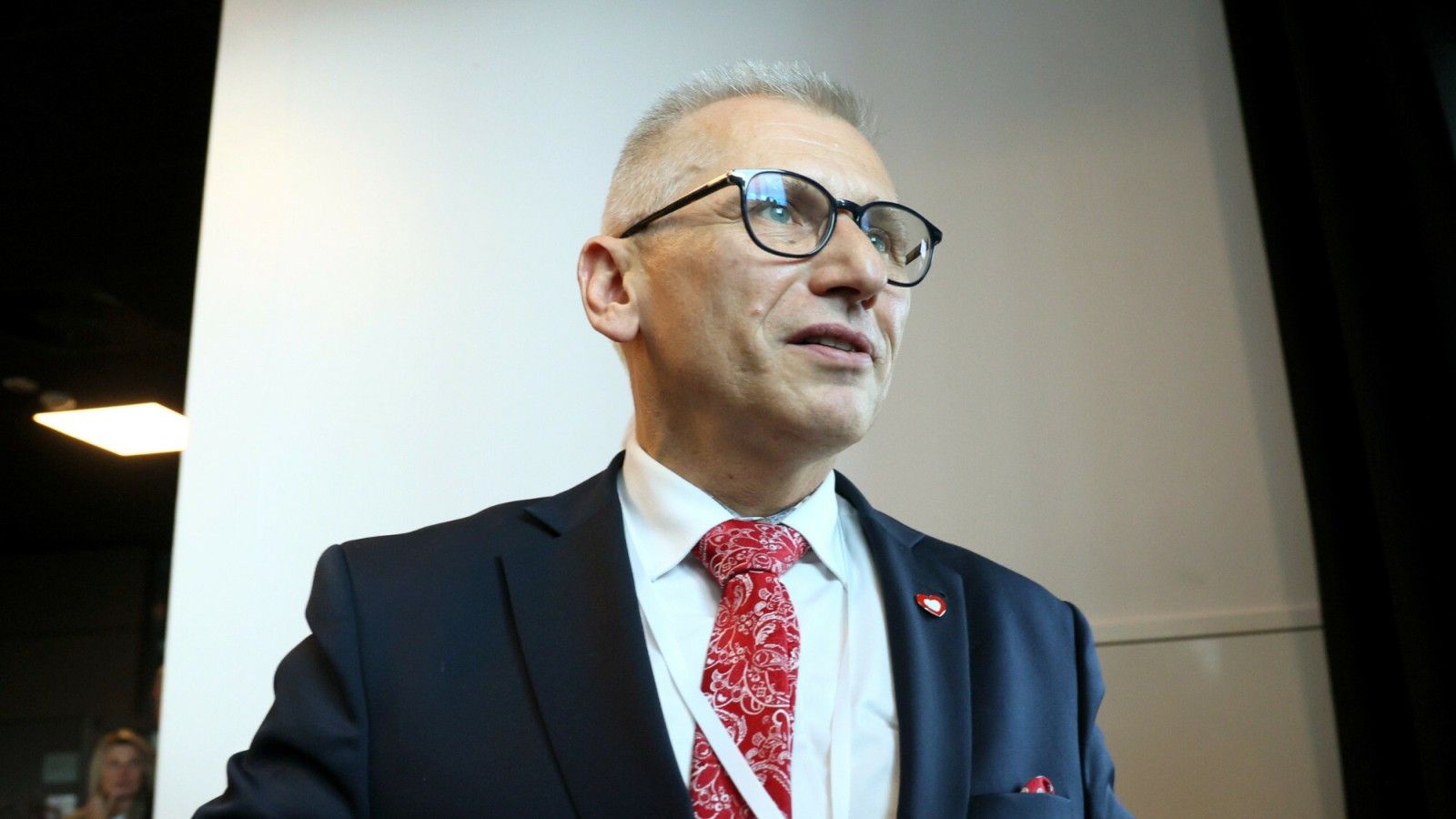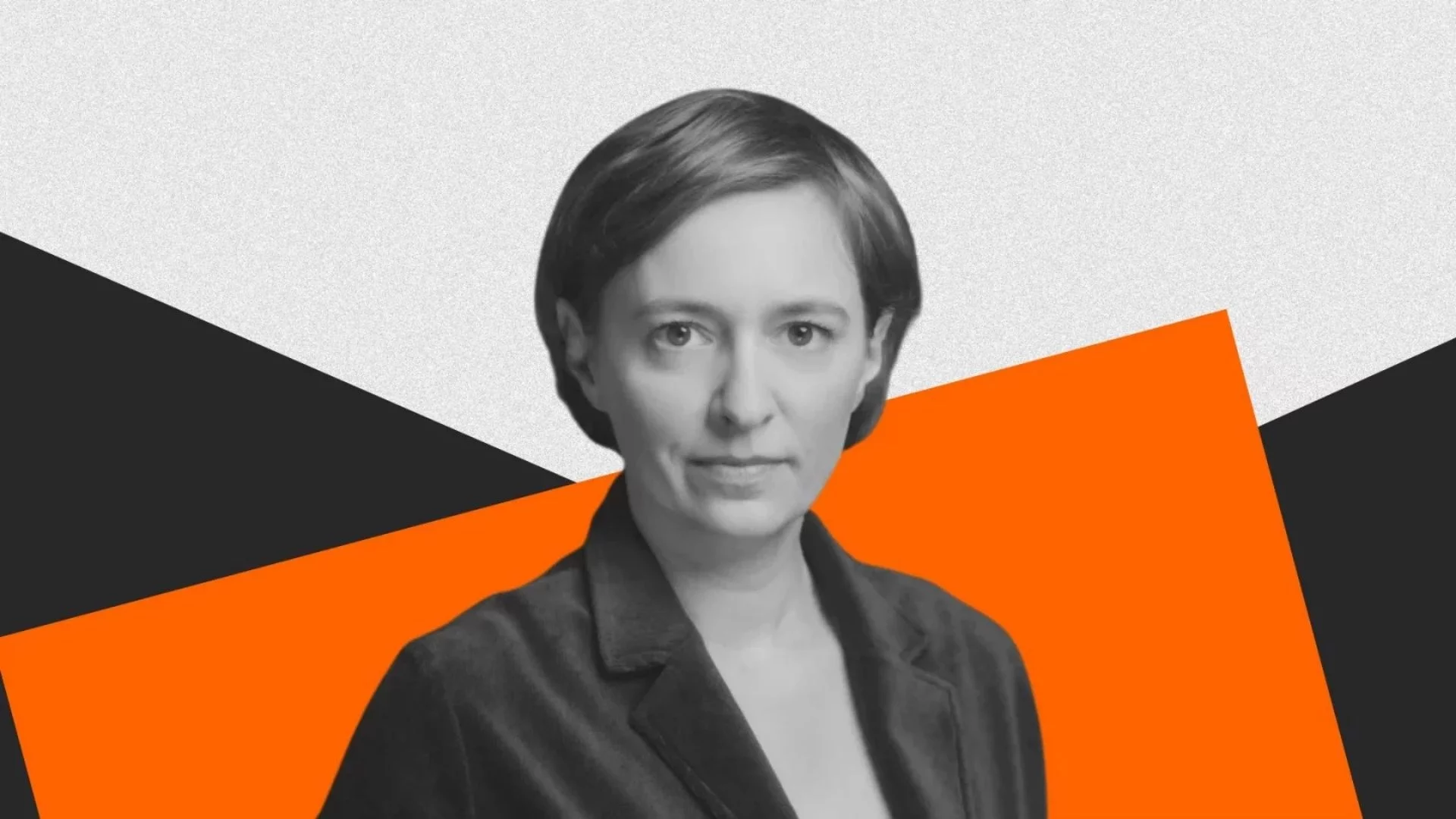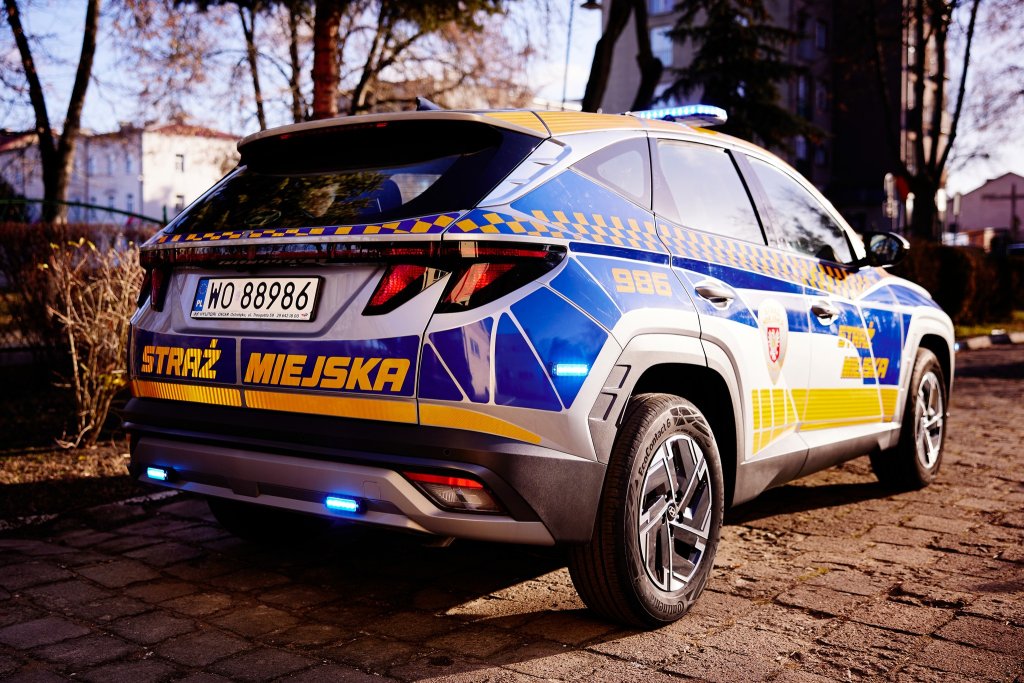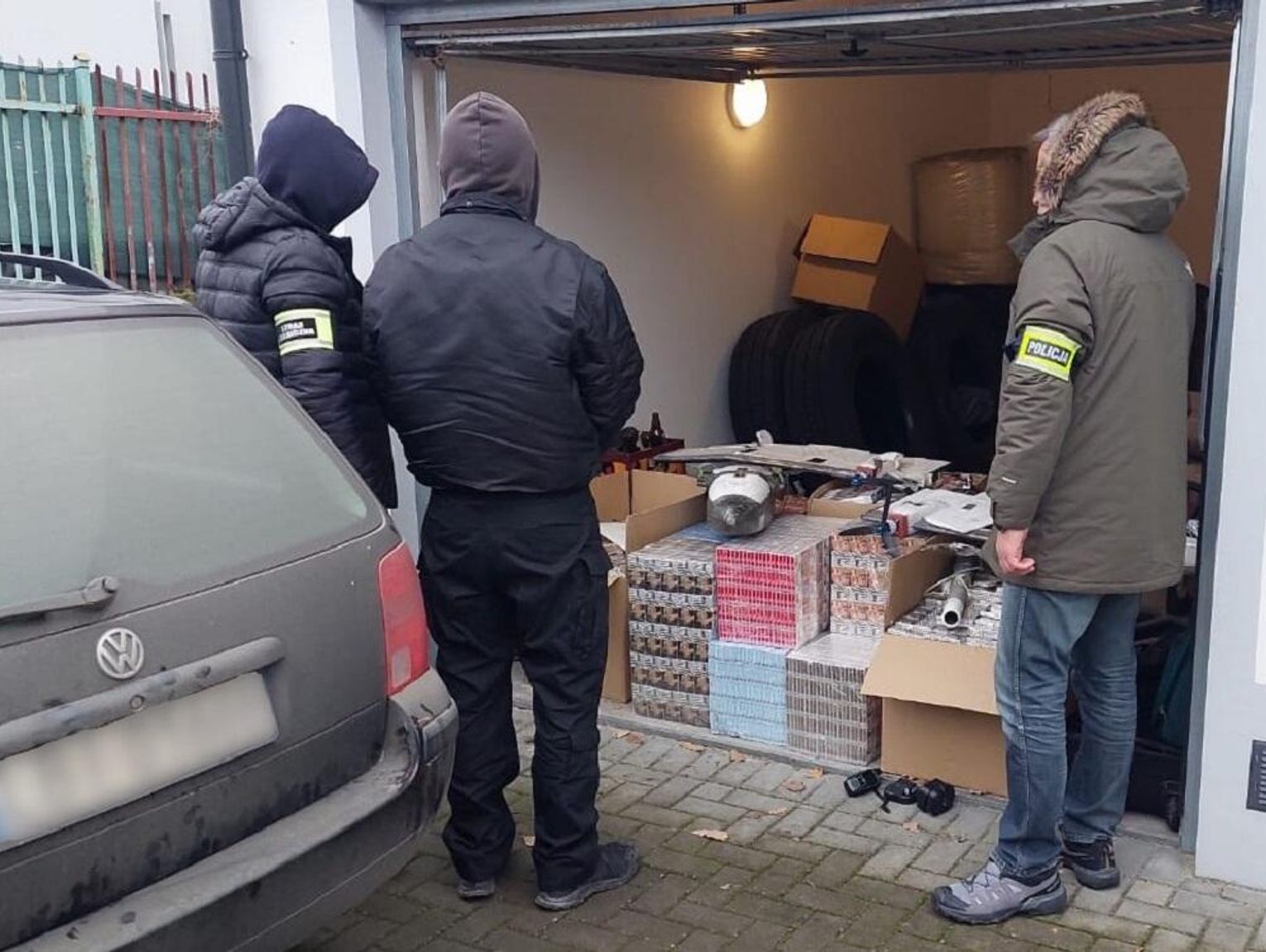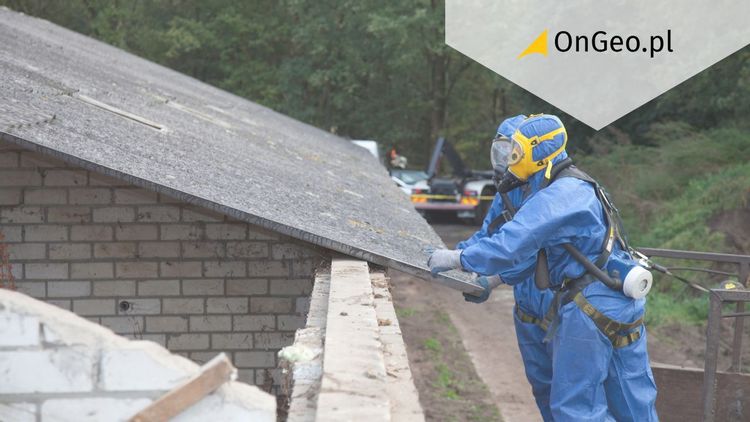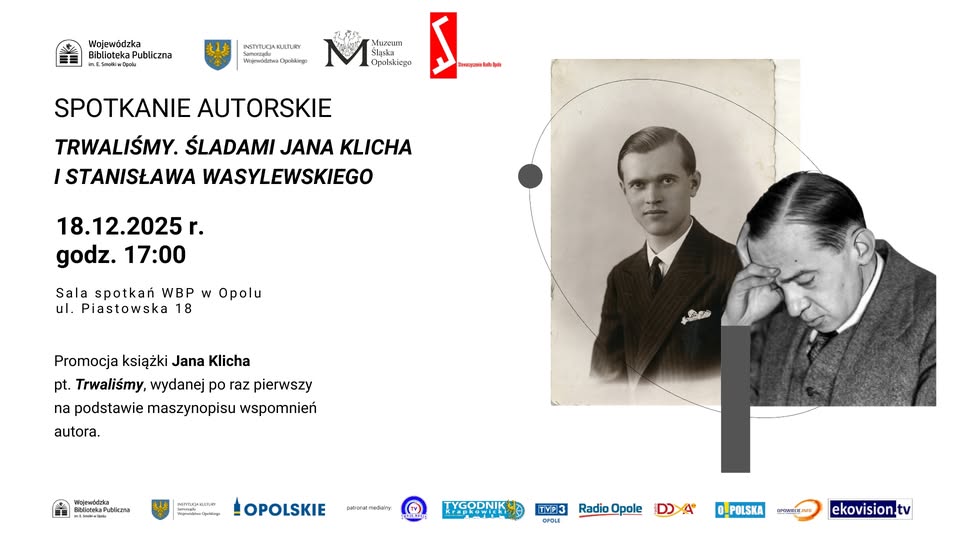"Finally!" vs. "It's a Schengen dismantling". Polish and German powerfully divided
natemat.pl 5 months ago
- Homepage
- World politics
- "Finally!" vs. "It's a Schengen dismantling". Polish and German powerfully divided
Related
Chcą skrócenia kary byłego prezydenta. Protesty
38 minutes ago
Karolina Lewicka: Pożyteczni idioci. Nagłe rozmnożenie
49 minutes ago
Warsh w Fed, a nie Hassett?
1 hour ago
Babisz znów premierem Czech
1 hour ago
recommended
Prawie tysiąc interwencji Straży Miejskiej
24 minutes ago
Te papierosy przyleciały balonami
31 minutes ago
Promocja książki Jana Klicha „Trwaliśmy” w WBP Opole
51 minutes ago

